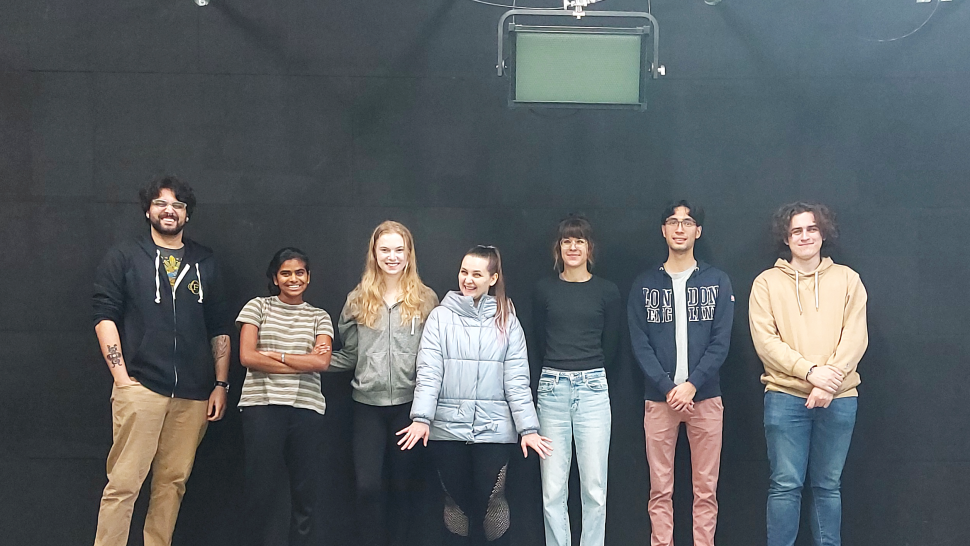
Humber College and the research and development division of video game publisher Ubisoft, the maker behind popular titles including Assassin’s Creed and Far Cry, recently collaborated on a project to support the development of new technology to be used for video games.
The work between Ubisoft La Forge and Humber gave students the opportunity to build transferrable skills and gain research experience, said Humber professor David Neumann. He said Humber has a long-standing relationship with Ubisoft and, when the company inquired about a possible collaboration on a research project, Neumann said they had the technology and students to make it work.
He reached out to Animation 3D program coordinator Cory Avery for the project, which involved building an animation database. Avery said Ubisoft had a specific library in mind and the Humber team was able to tailor it to meet their needs.
Students and staff from Humber assisted with data collection, data synthetization and additional support under the supervision of Ylva Ferstl, R&D scientist at Ubisoft La Forge. Humber had supported Ubisoft on a similar project in the summer and, pleased with the work, the video game publisher returned to Humber once again for the recent project.
“Ubisoft is great to work with because they're always on the cutting edge,” said Neumann. “Ubisoft coming back to do more with us was quite a compliment for Cory and the work he does.”
Neumann said the collaboration showcased how industry and academia can work together to break down barriers between video game production and research, while also highlighting research-focused career paths that exist in the video game industry.
Adam Yee-Stewart is an Animation 3D student at Humber and took part in the project as a technology support student. He said when he heard the name Ubisoft, he was intrigued and wanted to be involved even though he’s not leaning towards a career in video games.
“I’m glad I did it because it was a cool opportunity,” said Yee-Stewart, noting he can add the experience to his resume. “I was able to learn new skills as well.”
Meka Premathas, who’s enrolled in the Acting for Film and Television program, was a lead support on the project.
“I feel extremely grateful to have received such a wonderful opportunity to build transferable skills and gain research experience,” said Premathas. “As lead support, I learned a lot about technology and the world of video game production itself on a deeper level.”
Neumann touted the technology at Humber and the Barrett Centre for Technology Innovation as one of the reasons Ubisoft wanted to partner with the College on the project. The skilled students and faculty at Humber were also attractive for the video game publisher when it came to partnering with Humber once again.